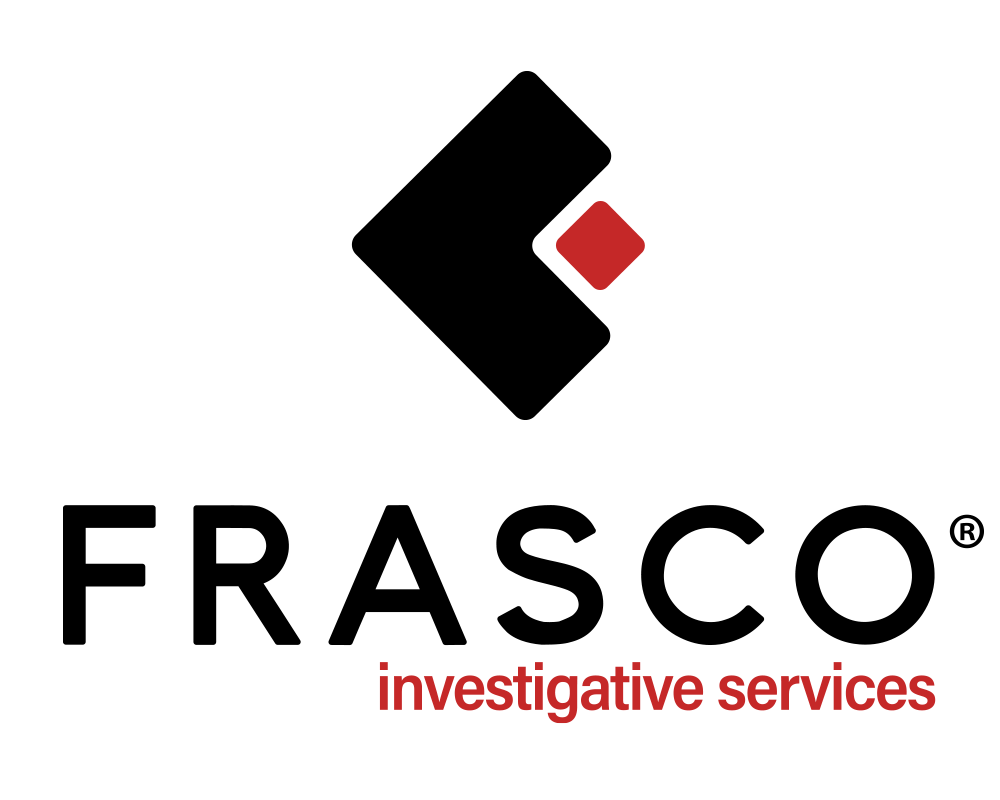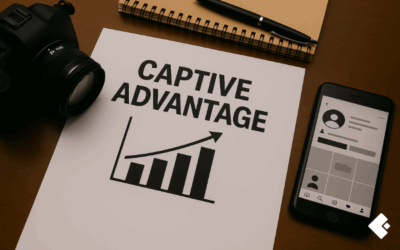

What is Captive Insurance Program & Why Investigations Matter?
Captive insurance programs offer tailored coverage options, cost stabilization, effective risk accumulation management, and enhanced control over claims processes. Engaging qualified investigative providers is crucial for effective claims management and maintaining the integrity of the captive program.
Investigators play a vital role in accurate claim assessments, mitigating fraudulent claims, optimizing capacity utilization, ensuring regulatory compliance, and providing valuable insights. Integrating a focused and strategic investigation program into the claims management process helps to reduce claims costs, uncover fraud and abuse and provides visibility into spend and performance.
Investigative experts bring objectivity, tailored approaches, and advanced techniques to the table, enhancing your risk management and claims administration strategies. Captives programs that work closely with their investigators experience better investigation results leading to better claims outcomes.
How Investigators Strengthen Captives Insurance
Accurate Claim Checks:
Confirm injuries and spot exaggeration.
Fraud Detection :
Lowers payout leakage and shields reserves.
Regulatory Proof :
Satisfies auditors and state examiners
Capacity Balance:
Prevents risk build-up by flagging trends early.
Investigative Services for Captives
Selecting the Right Captives Insurance Investigation Partner
Set clear goals with adjusters and risk staff.
Check licenses and data-security policies
Compare cost vs. value by file type—field, desk, digital.
Review turnaround times and success metrics.
Quality Investigations: The 4 Fundamentals to Protecting Insurance Captive Programs
Free White Paper Out Now
Captives thrive on clean data, tight cost control, and rock‑solid compliance. Our new White Paper for Captive Risk Managers shows how independent, licensed investigators deliver all three—saving money while safeguarding capacity.
Frequently Asked Questions
How do investigative providers contribute to the four fundamentals of captive insurance programs?
- Investigative providers contribute by ensuring coverage integrity, mitigating fraudulent claims, enhancing claims efficiency, preventing over-accumulation of risks, and providing valuable insights to maintain control over claims processes in captive insurance programs.
What are the key factors to consider when selecting investigative vendors for a captive insurance company?
- Key factors include vendor expertise in relevant areas like insurance fraud investigations, licensing and compliance adherence, technology capabilities for real-time updates and detailed reports, data security measures, strong reputation and references, involvement of key stakeholders in the decision-making process, evaluation of vendor capabilities across different investigation types, and consideration of cost versus value.
How can captive insurers leverage investigative providers to maintain control over their claims processes and ensure regulatory compliance?
- Captive insurers can leverage investigative providers by partnering with them for meticulous claim investigations, detailed reports, regulatory compliance assistance, and valuable insights. This collaboration helps in maintaining effective control over claims processes, preventing fraudulent activities, and ensuring adherence to legal and ethical standards in the captive insurance company’s operations.
Related Blog Posts
Investigations on the Move: How Frasco Supports Captive Auto Fleets
Managing an auto fleet within a Captive insurance program comes with a unique set of challenges: rising claim costs, questionable liability,...
Captive Advantage: Independent Claims Investigations
In the alternative risk financing landscape, captive insurance has grown from a niche strategy into a powerful risk management tool. Companies use...
Closing the Loss Loop in Captives
Leveraging Investigative Services for Strategic Claims Management, Financial Performance, and Long-Term Sustainability Executive Summary Captive...
Ready to
Decide Without Doubt™?




